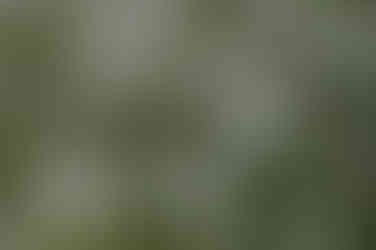Russian Olive
- Jen Haynes
- Aug 15, 2021
- 2 min read
Russian olive (Elaeagnus angustifolia) is an invasive tree that is native to parts of Europe and Asia. It was introduced to the central and western US in the early 1900s. It was planted as an ornamental, for erosion control, as a wind break and a shade tree. It spreads quickly outcompeting native plants and trees. This effects native birds and animals that rely on our native trees and plants for survival. When Russian olive invades waterways, meadows and pastures it can create impenetrable barriers. It is not a true olive although its silvery fruit is edible to birds which aides its spread from the birds dropping seeds. The seeds are viable for up to 3 years. It has yellow flowers that have a spicy smell. Trees will start flowering when they are 3-5 years old. They are pollinated by insects. Russian olive can grow up to 15 metres tall. The trunk and branches have thorns on them. It has silvery leaves that are narrow and oblong with a rounded tip. There has been biocontrol research going on since 2007. So far, no agents have been approved for release in Canada. Russian olive spreads by seed and suckers. Once established it is extremely difficult to eradicate. Intensive grazing slows it down temporarily. Top removal by pulling or cutting has limited success because of re-sprouting. Herbicide treatment used in conjunction with cutting can be effective. Whatever combination of treatment you use its important to remember that it will take time and you will have to keep at it for several years in some cases. Prevention is very important. In riparian areas seasonal flooding encourages the growth of native species such as willows. Healthy diverse native plant communities can help slow the spread of invasives species. Propagating native grasses, shrubs and trees is very helpful. You can also help by learning to recognize Russian olive, controlling the spread of existing trees, don’t start growing it, don’t buy it, and don’t share it with your friends. For more information on invasive species contact the Boundary Invasive Species Society info@boundaryinvasives.com, 250-446-2232, www.boundaryinvasives.com and on Facebook.














